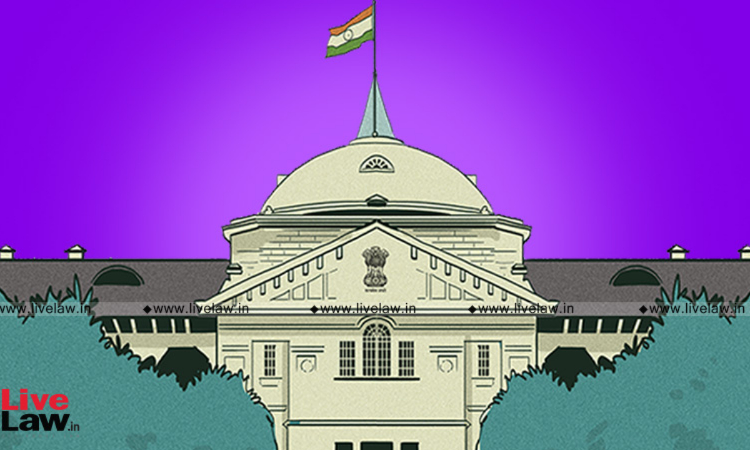Ineligibility Of Arbitrator As Per S.12(5) Arbitration Act Can't Make Arbitration Clause Itself Invalid: Allahabad High Court:
Upasna Agrawal
8 Aug 2023 10:45 AM IST

Next Story
8 Aug 2023 10:45 AM IST
The Allahabad High Court has held that the entire arbitration agreement will not cease to exist merely because the procedure of appointment of the arbitrator, as stated in the agreement, is barred by Section 12(5) of the Arbitration and Conciliation Act, 1996. “Section 12(5) of the Act read with 7th Schedule has been introduced so as to lend greater legitimacy to the process of arbitration...
